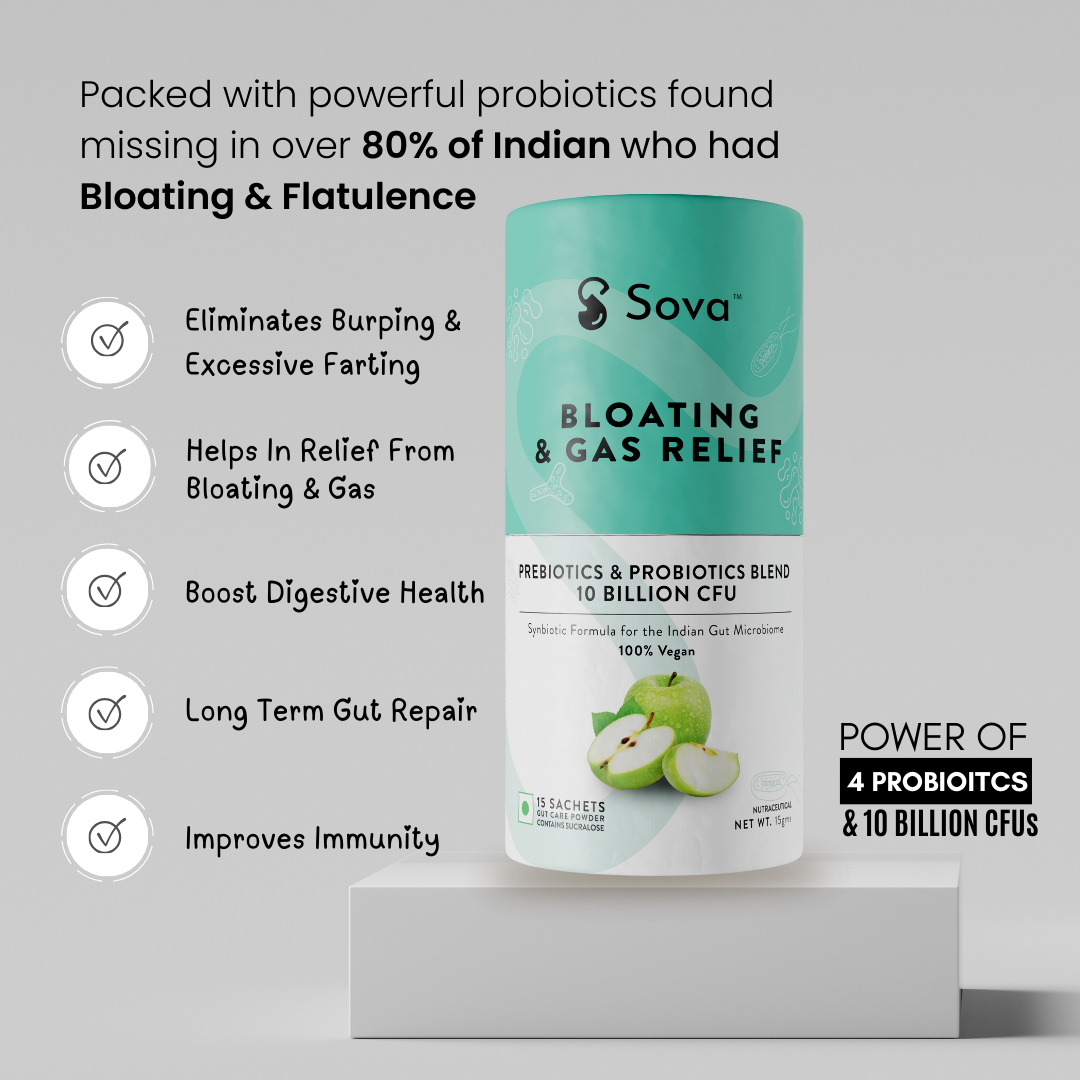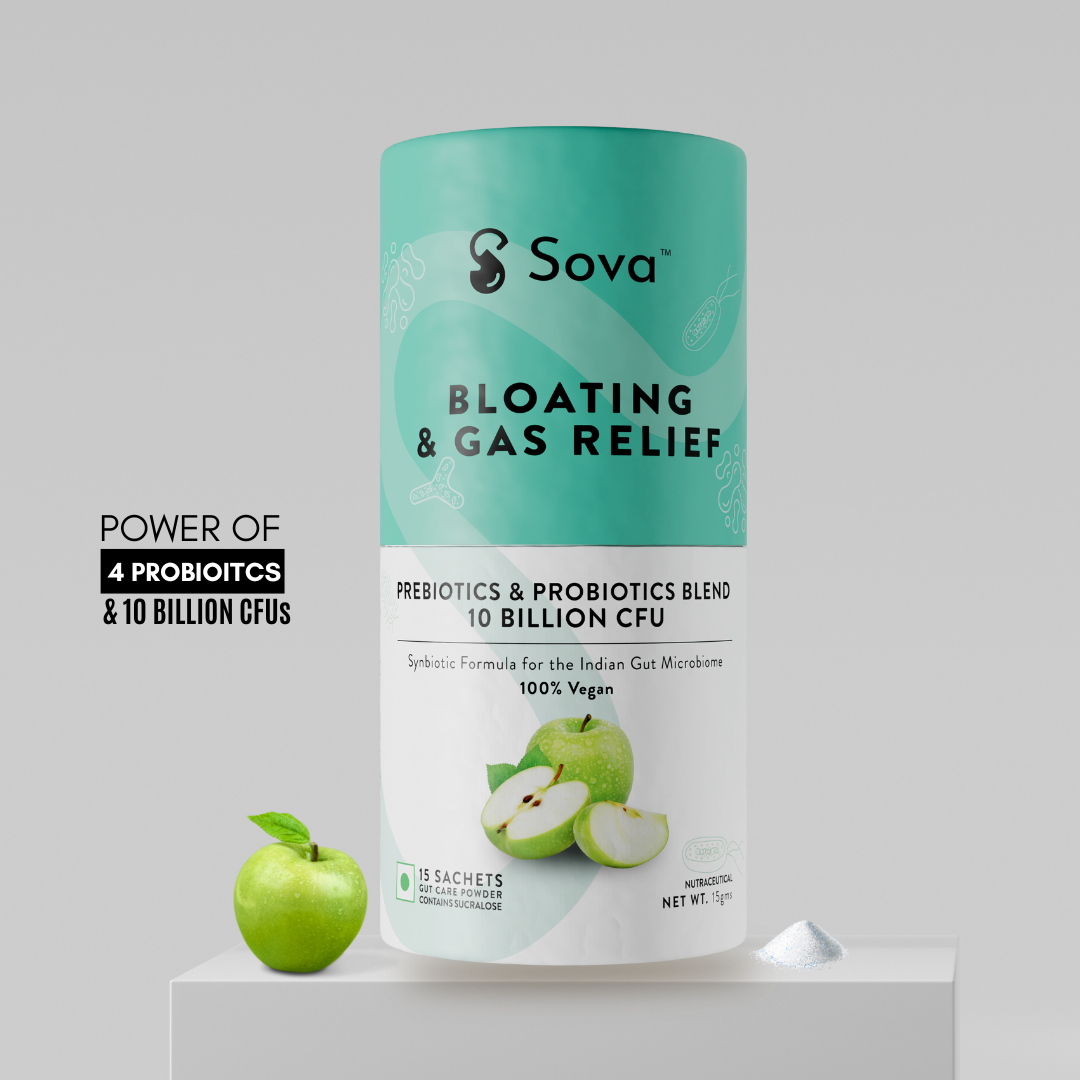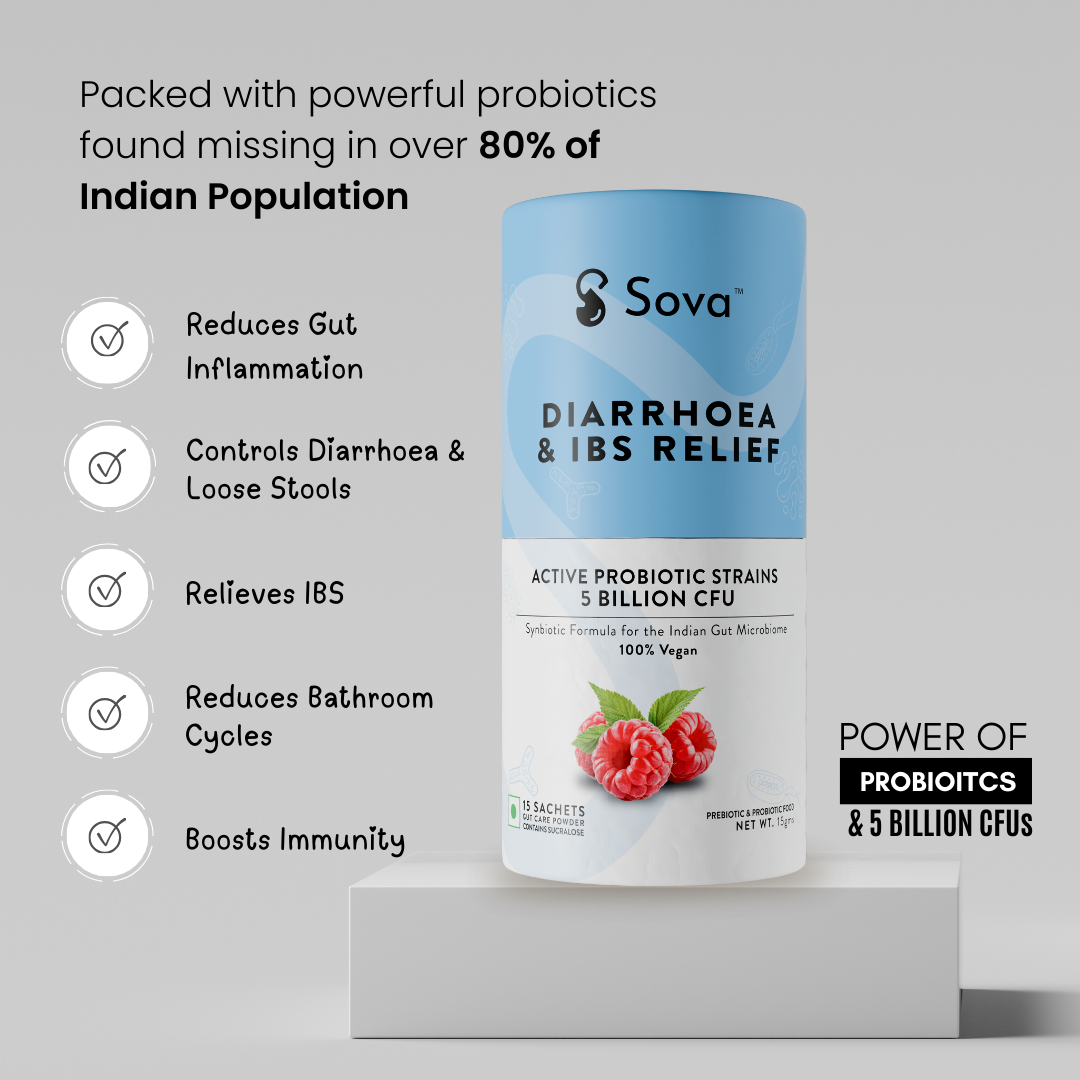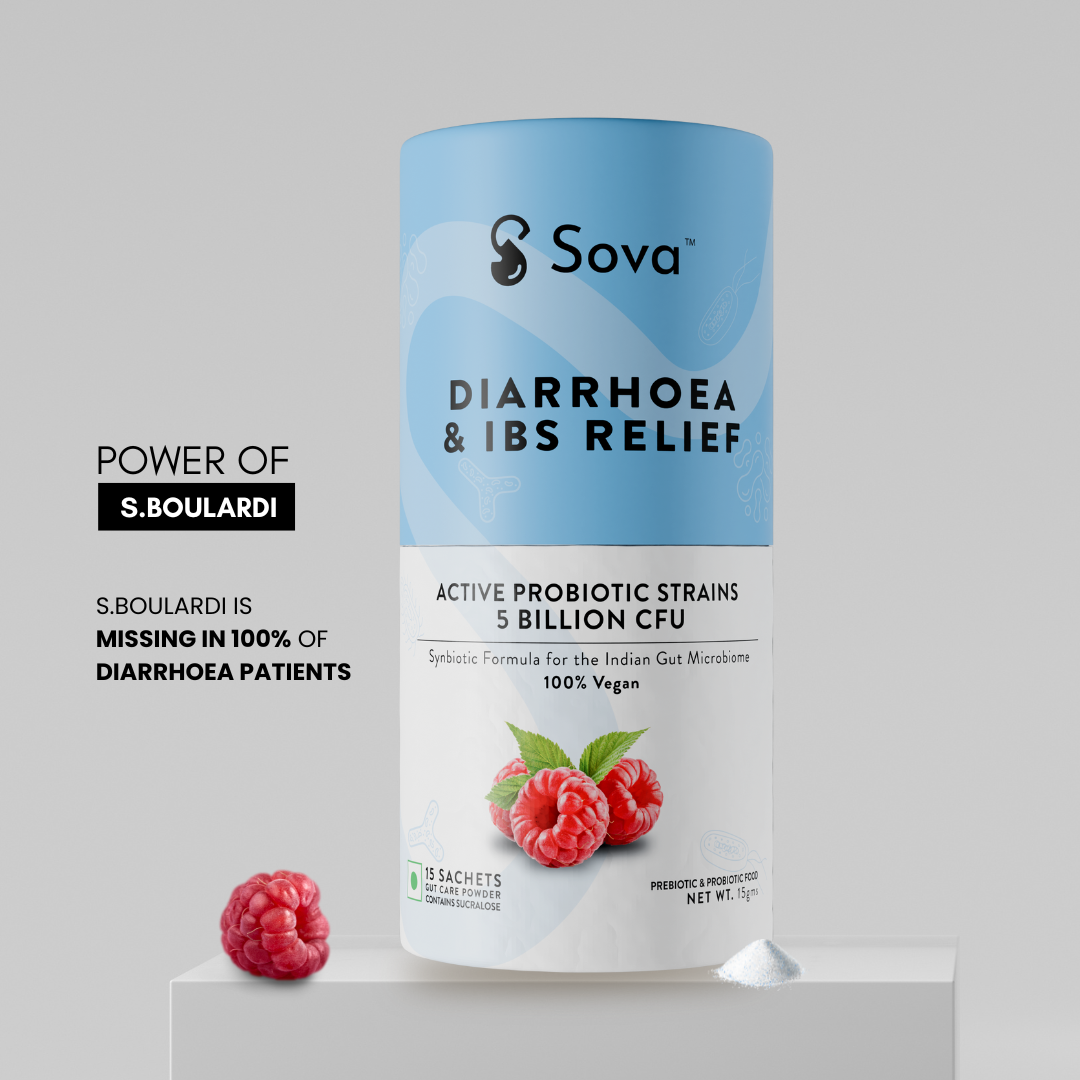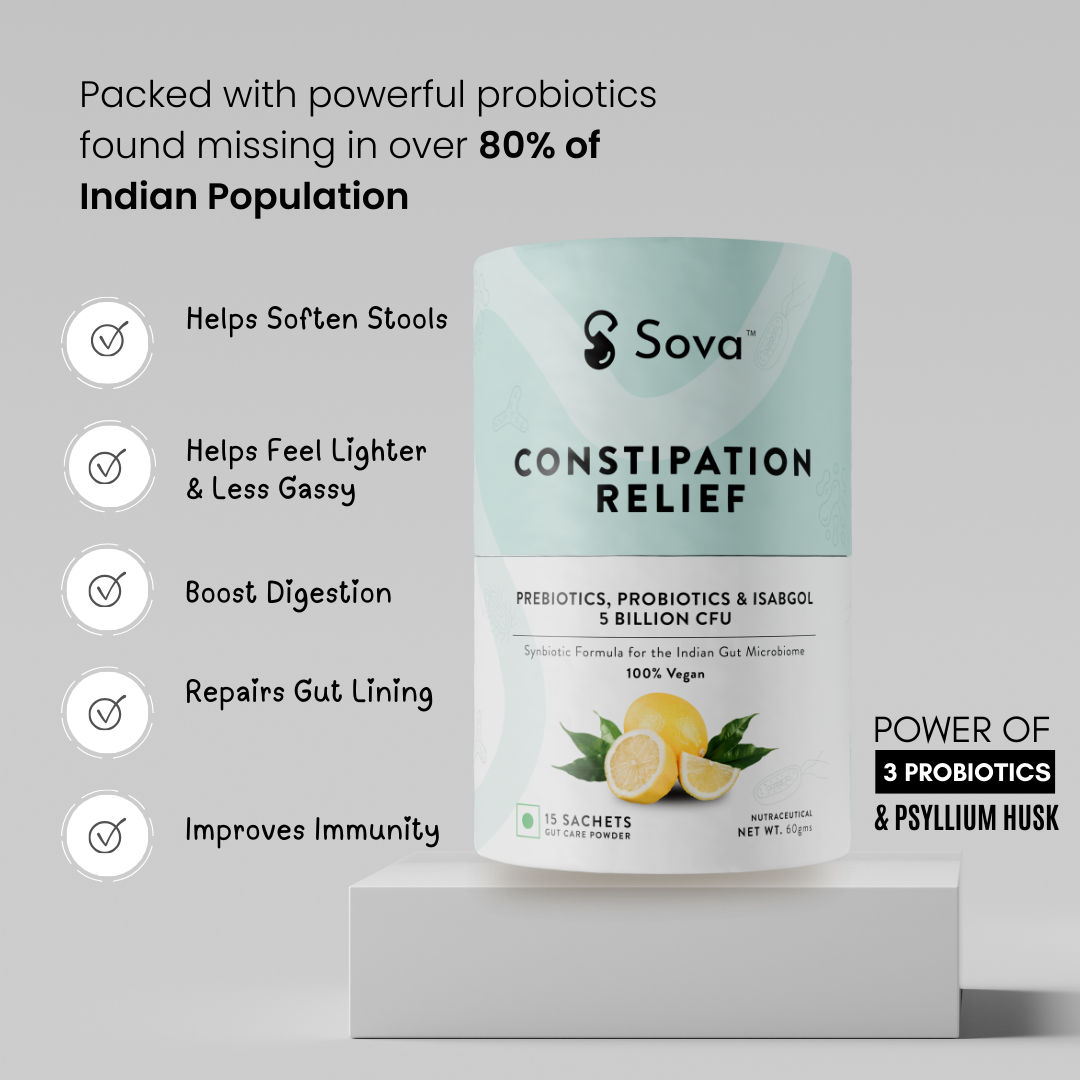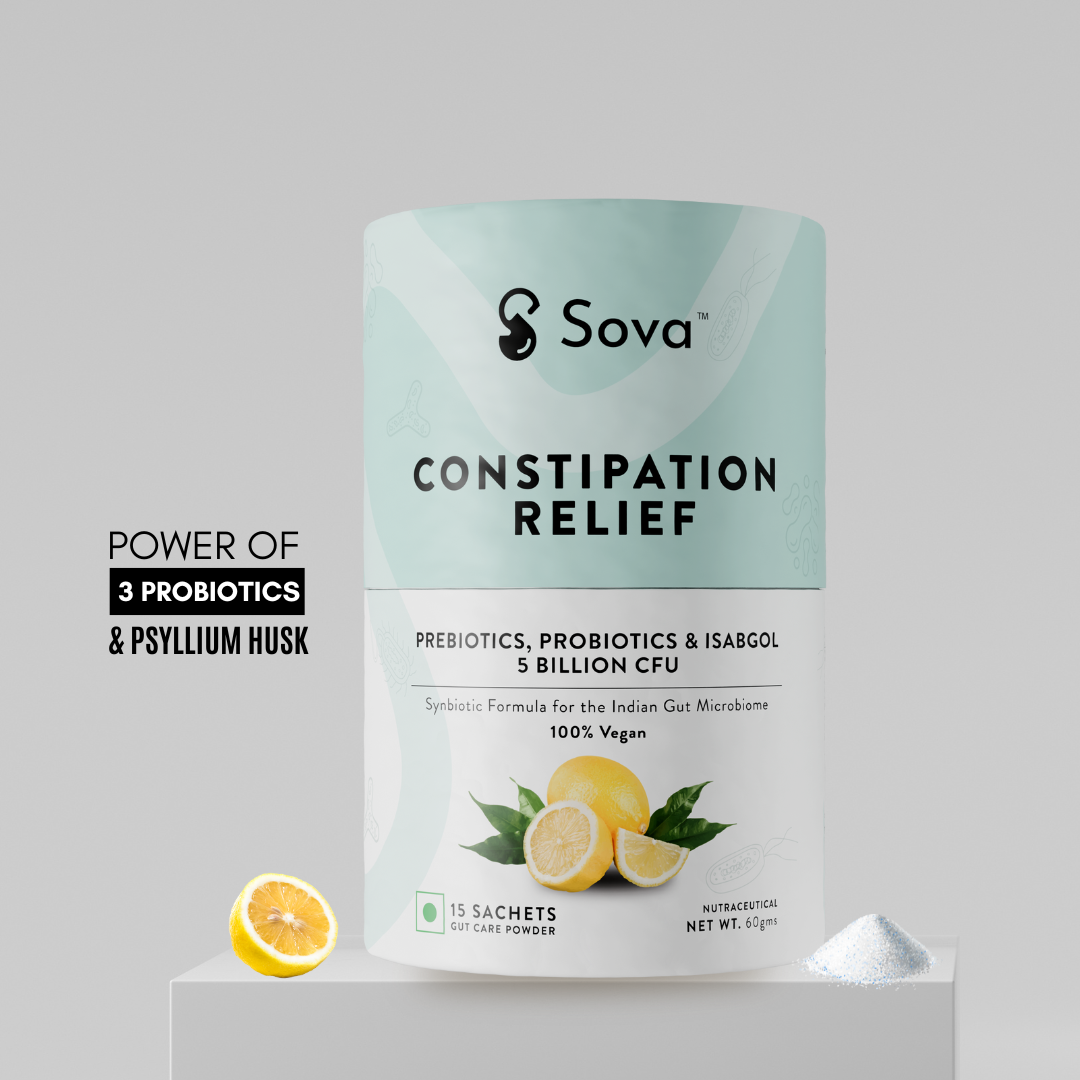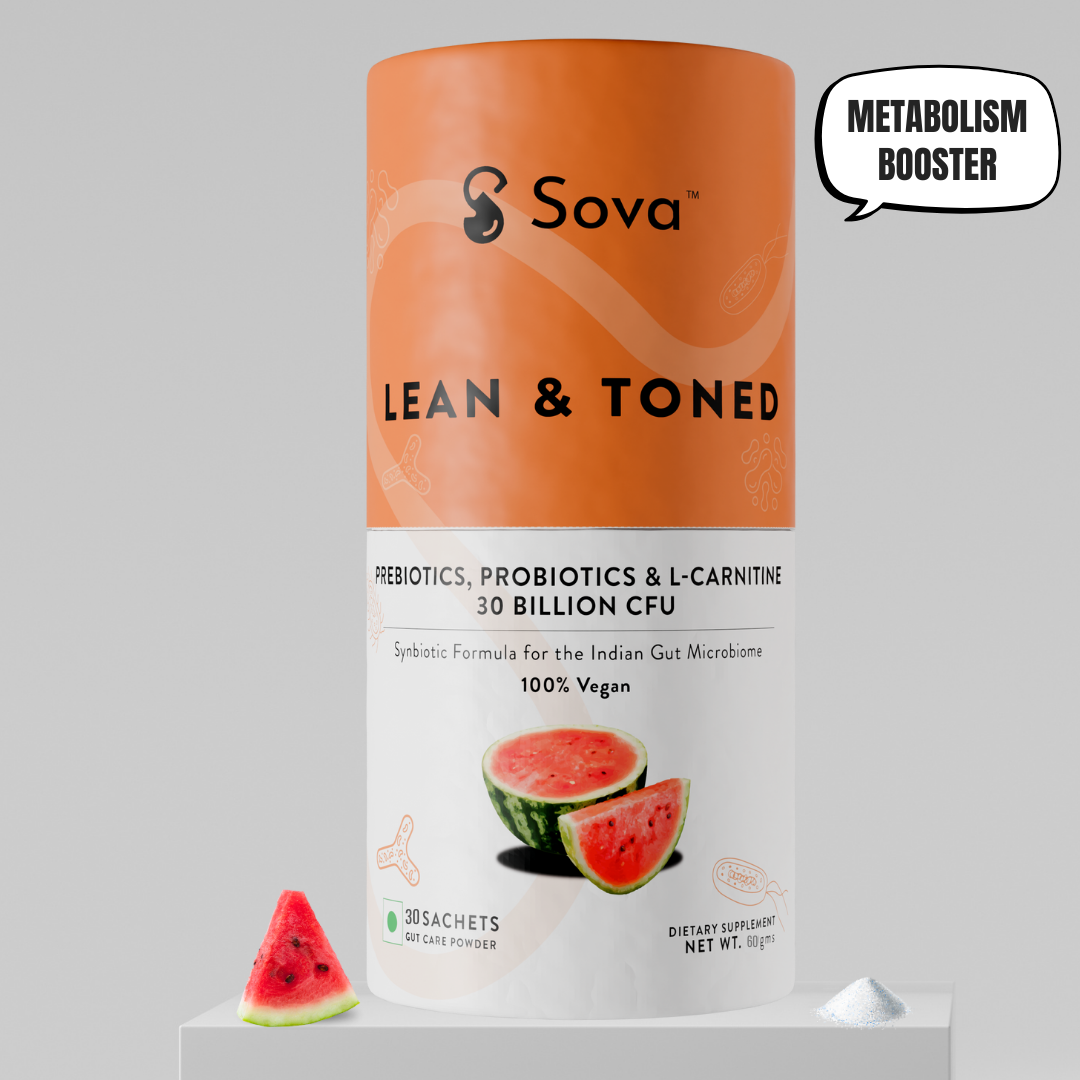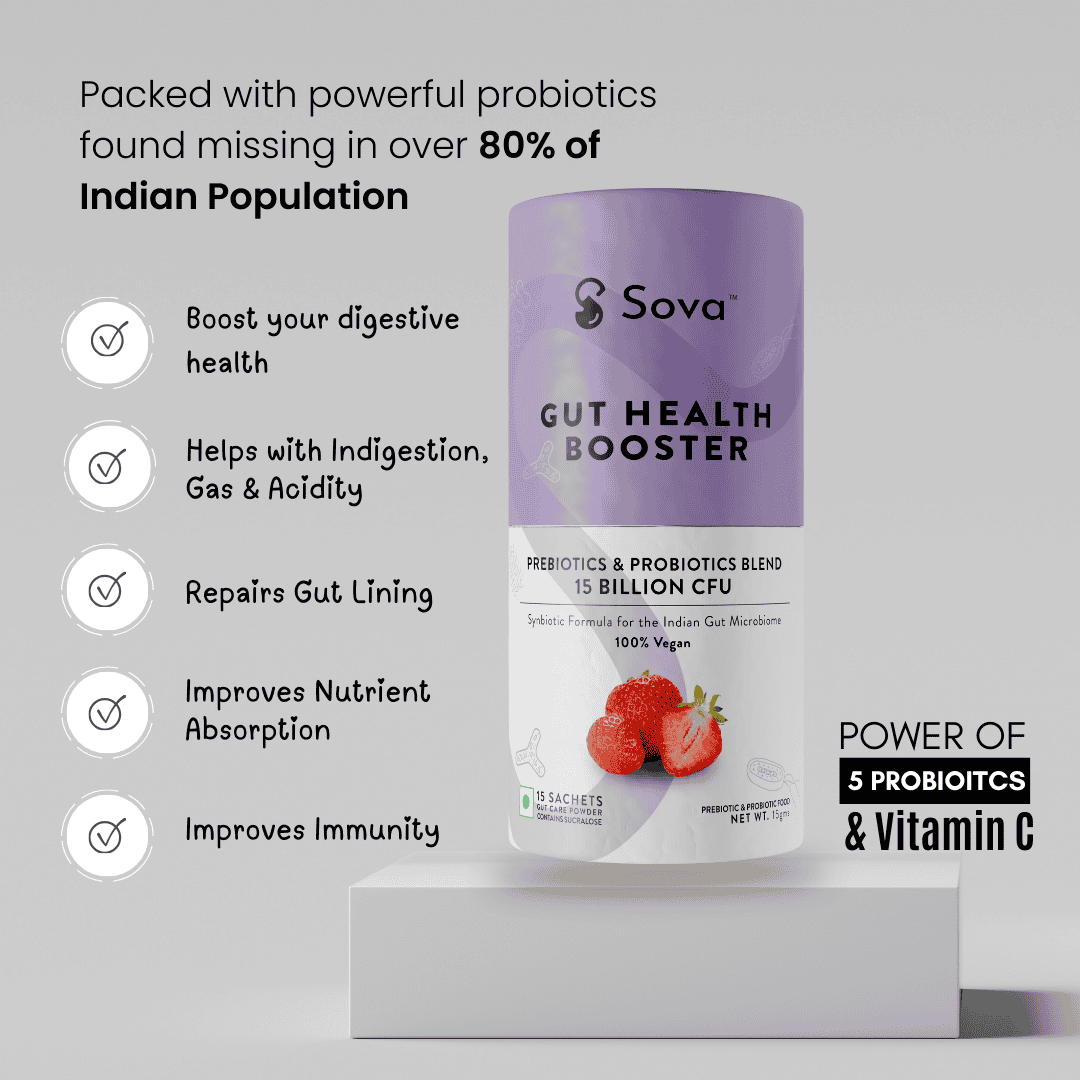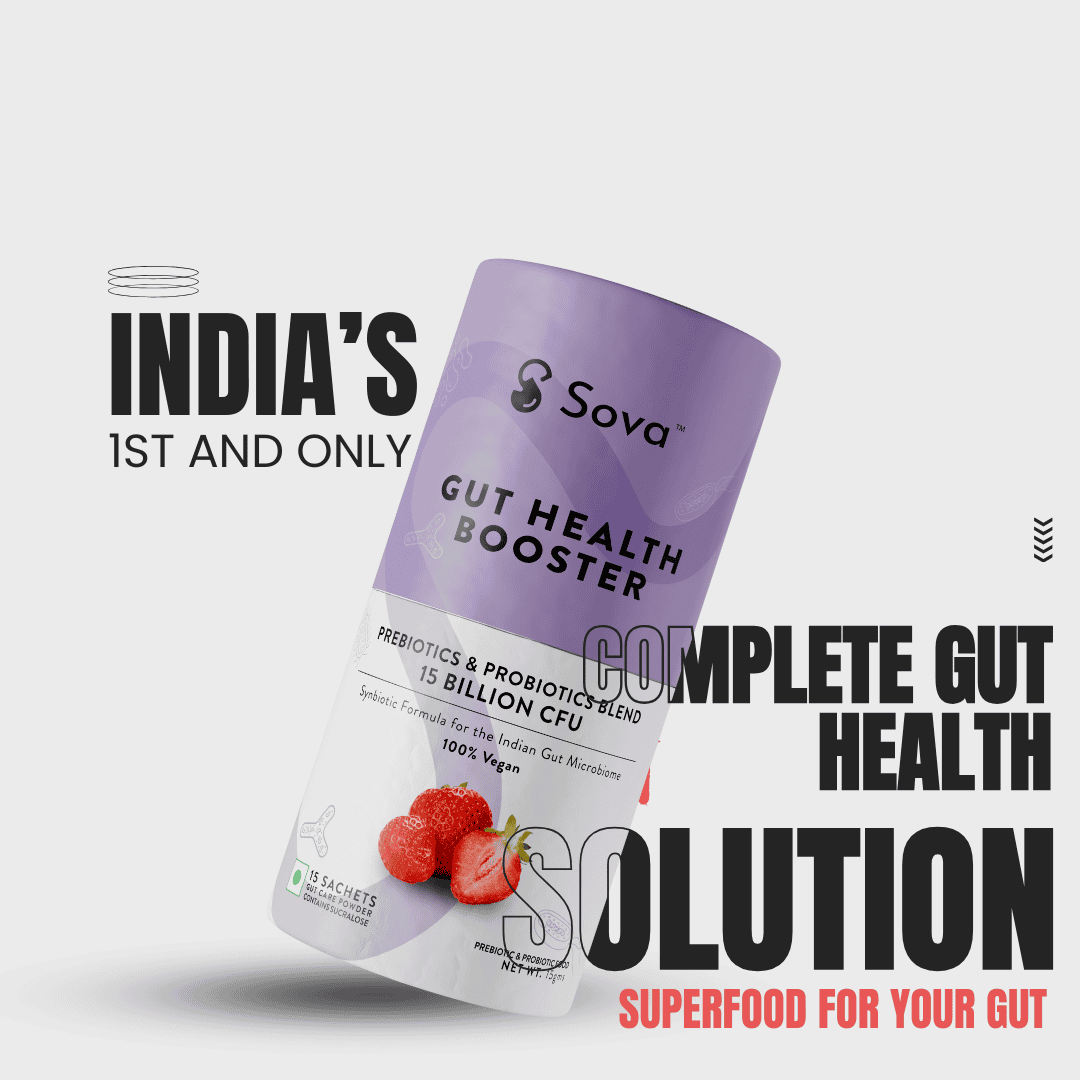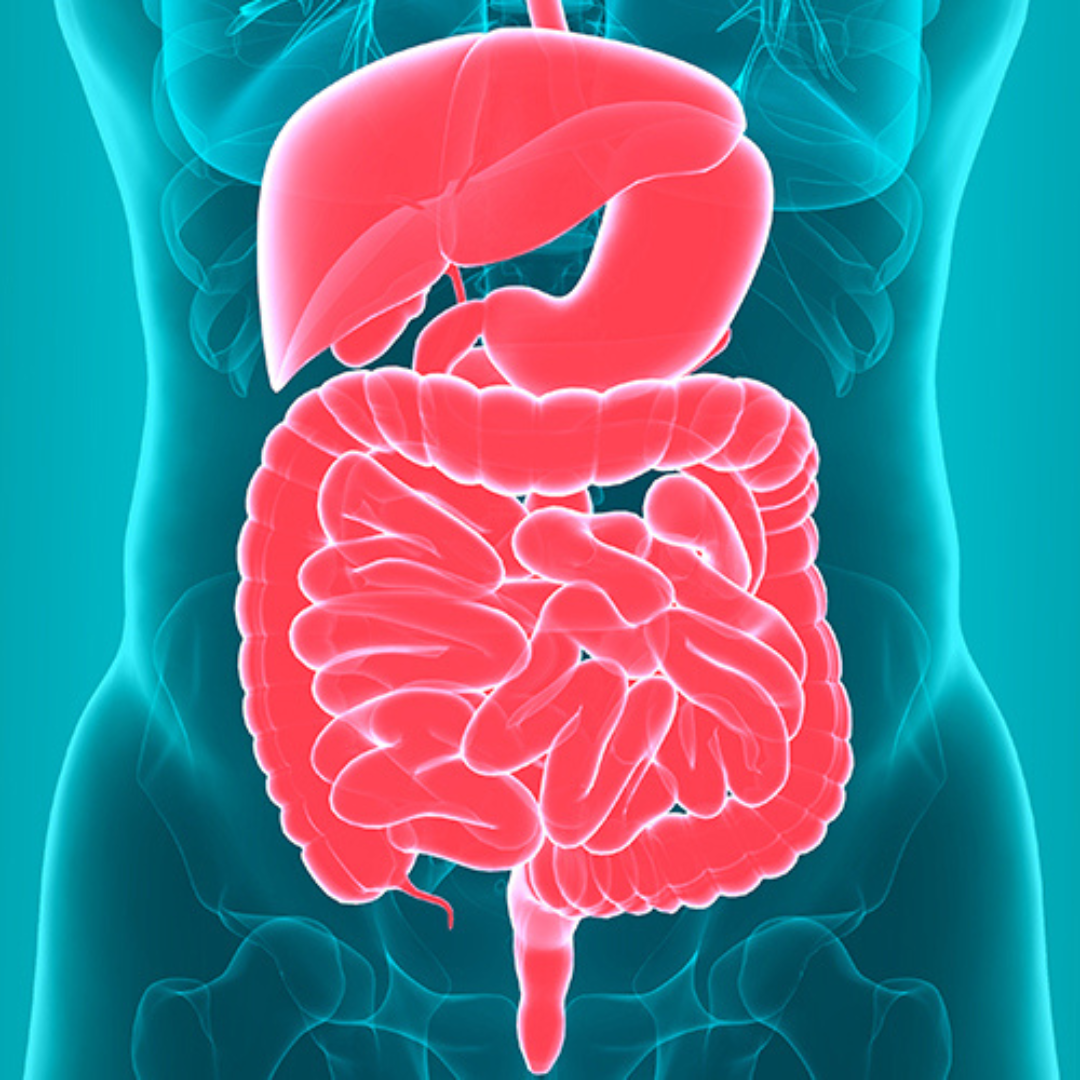Gut health is a topic that’s gaining traction, but with this growing interest comes a lot of misinformation. Today, we’re setting the record straight by debunking some common myths about gut health. Our goal is to provide you with clear, accurate gut health facts, dispel probiotic myths, and offer practical digestive system facts and healthy gut tips. By the end of this article, you’ll be equipped with valuable gut health tips to improve your overall well-being.
Whether you're looking to enhance your digestive health, understand the role of probiotics better, or simply separate fact from fiction, our comprehensive guide aims to empower you with the knowledge to make informed decisions. Join us as we unravel the complexities of gut health, ensuring you have the best information at your fingertips to support a healthier, happier you.
Myth 1: Probiotics are a Cure-All for Gut Issues

Probiotic myths abound in the health community. While it’s true that probiotics can be beneficial, they are not a magical cure for all gut-related problems. Probiotics are live bacteria that, when consumed in adequate amounts, can confer health benefits to the host. They can help balance the gut microbiome, especially after a course of antibiotics or during digestive distress. However, not all probiotics are the same, and their effects can vary based on the strain and the individual's specific health condition.
Gut Health Fact:
To truly benefit from probiotics, it's essential to choose the right strain for your needs and consume them consistently. Consult with a healthcare professional to determine the best probiotic for your specific situation.
Myth 2: You Don’t Need to Worry About Your Gut if You Don’t Have Digestive Issues

Many people believe that as long as they aren’t experiencing digestive problems like bloating, constipation, or diarrhea, their gut health is fine. However, gut health impacts more than just digestion. The gut microbiome plays a crucial role in immune function, mental health, and even chronic disease prevention.
Digestive System Fact:
A healthy gut contributes to a strong immune system, heart health, brain health, improved mood, healthy sleep, and effective digestion. Maintaining a healthy gut is essential even if you don’t have obvious digestive issues.
Myth 3: Only Diet Affects Gut Health

While diet is a critical factor in maintaining a healthy gut, it’s not the only one. Factors like stress, sleep, exercise, and medication use also play significant roles in gut health. Chronic stress, for instance, can negatively impact the gut microbiome, leading to imbalances that affect overall health.
Gut Health Tip:
Adopt a holistic approach to gut health. In addition to eating a balanced diet rich in fiber, fermented foods, and prebiotics, manage stress through mindfulness practices, ensure adequate sleep, and engage in regular physical activity.
Myth 4: All Fermented Foods Are Equally Beneficial for Gut Health

Fermented foods like yogurt, kimchi, sauerkraut, and kefir are often touted for their gut health benefits. However, not all fermented foods contain live probiotics. The process of pasteurization, for example, can kill beneficial bacteria.
Probiotic Myth Debunked:
Check labels for live and active cultures when choosing fermented foods. Incorporating a variety of these foods into your diet can help ensure you’re getting a range of beneficial bacteria.
Myth 5: Fiber is Only Important for Preventing Constipation
Fiber is often associated with preventing constipation, but its benefits extend far beyond that. Dietary fiber, found in fruits, vegetables, whole grains, and legumes, is essential for feeding the beneficial bacteria in your gut. These bacteria ferment fiber into short-chain fatty acids that support gut health and provide numerous health benefits.

Gut Health Fact:
Aim for a diet high in diverse fiber sources to promote a healthy gut microbiome. This can improve digestion, support immune function, and even aid in weight management.
Myth 6: Antibiotics Only Affect Gut Health During Treatment
Antibiotics are necessary for treating bacterial infections, but they can also disrupt the gut microbiome by killing both harmful and beneficial bacteria. This disruption can last long after the antibiotic course is finished.

Digestive System Fact:
After taking antibiotics, it’s crucial to support your gut health. Probiotics and a fiber and fermented-rich diet can help restore the balance of good bacteria.
Healthy Gut Tips for Everyday Life
- Eat a Diverse Diet: Incorporate a variety of fruits, vegetables, whole grains, and fermented foods to nourish your gut microbiome.
- Stay Hydrated: Drinking plenty of water supports digestion and the function of the mucosal lining of the intestines.
- Manage Stress: Chronic stress can prove fatal to your gut health. Practice activities that reduce stress levels like yoga, deep breathing exercises or meditation.
- Get Enough Sleep: Aim for 7-9 hours of quality sleep per night to support overall health, including gut health.
- Exercise Regularly: Physical activity can positively influence gut bacteria and improve digestion.
Conclusion
Understanding gut health facts and debunking probiotic myths are essential steps towards improving your overall health. A healthy gut is foundational to many aspects of well-being, from digestion to immune function. By adopting the gut health tips provided in this article, you can support your digestive system and enhance your quality of life. Remember, gut health is not just about what you eat, but also about your lifestyle and daily habits.
Gut health significantly impacts various bodily functions, including mental health, weight management, and even skin health. Therefore, maintaining a balanced diet rich in fiber, fermented foods, and prebiotics can promote the growth of beneficial bacteria in your gut. Additionally, regular physical activity, adequate sleep, and stress management are crucial components of a healthy gut.
Debunking common probiotic myths is also vital. Not all probiotics are created equal, and their effectiveness can vary based on the strain and individual needs. Consulting with a healthcare professional can help determine the right approach for your specific gut health needs. By integrating these comprehensive strategies, you can achieve a more balanced and healthy gut, leading to improved overall well-being.
For more information on gut health and to stay updated with the latest digestive system facts, follow our blog and join us on our journey towards better health. Your gut will thank you!
To support these healthy tips, check out our supplements - Gut Health Supplements - Prebiotics, Probiotics & Postbiotics – Sova Health

